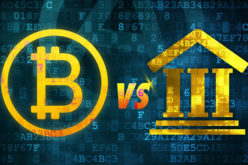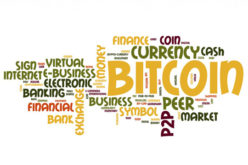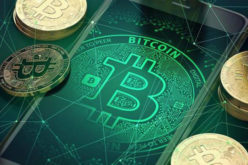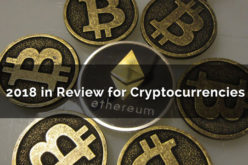Digital currency is not virtual money, here’s why
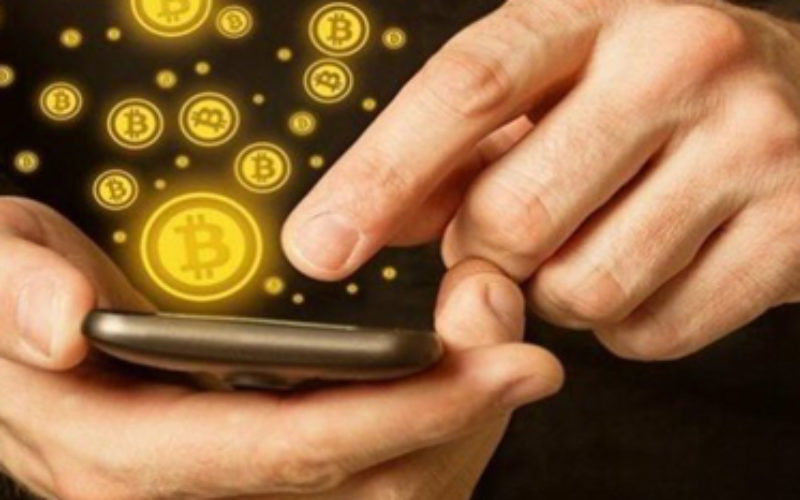
All digital currency is virtual, and all virtual currency is digital. And all digital and virtual currency is transferred via the internet. But there are also some differences like that some virtual currencies are sold within apps vs on the web.
A virtual currency is a subset of digital currency that can be used within a defined space. Lots of online games have the concept of a virtual currency that can be earned and spent based on your participation in their online universe.
Virtual currency has typically referred to online only currencies that don’t live outside the internet and can only be exchanged on the internet, Virtual currency is usually for virtual goods more-so associated with some of the things relating to buying other types of IAP (in-app-purchases), or in-game items.
The kind of currency that you can use to get costumes in games, zombies, flying pigs and shiny pixelated swords. Virtual currency grew from gaming systems and still largely exists in that world, whereas you can’t necessarily use virtual currencies to fill up a tank of petrol, or get things from the grocery store.
Digital currencies would be a closer representation of the currency we use every-day to make purchases in the current fiat system. This is where the main distinction lies. Most of the currency in the world is digital and not held in physical form. Digital currency and it’s increasingly being accounted for and traded on the internet, where it can be exchanged at ever lower cost.
The credit card, debit card, electronic or phone banking have all digitised money such as the rand, dollar, pound, euro, yen or rupee and so forth. This is because a digital currency doesn’t have to be based on encryption. It should be paperless and enable digital transactions. And it should be widely accepted as a form of payment.
Although of late virtual currencies like Bitcoin have expanded the use of virtual currencies into real world products, services and exchange. Blurring the line between where virtual currencies end and digital currencies begin.


